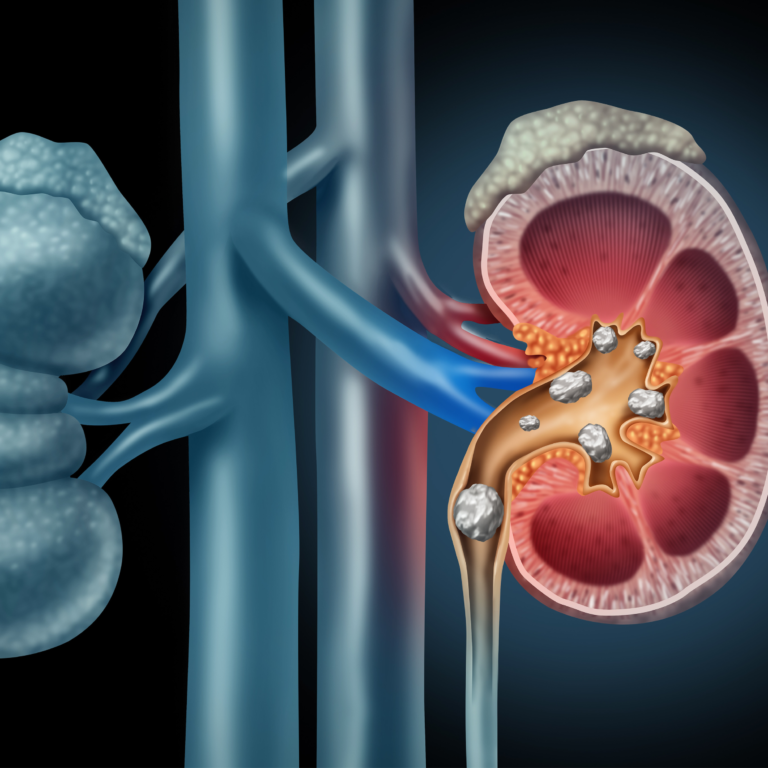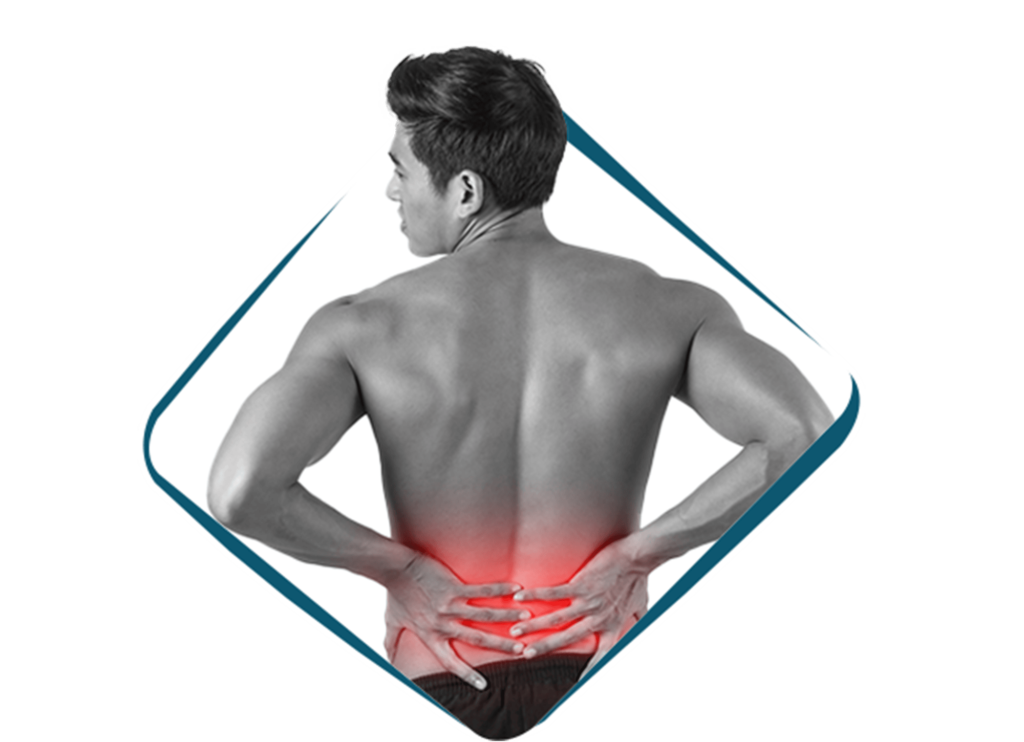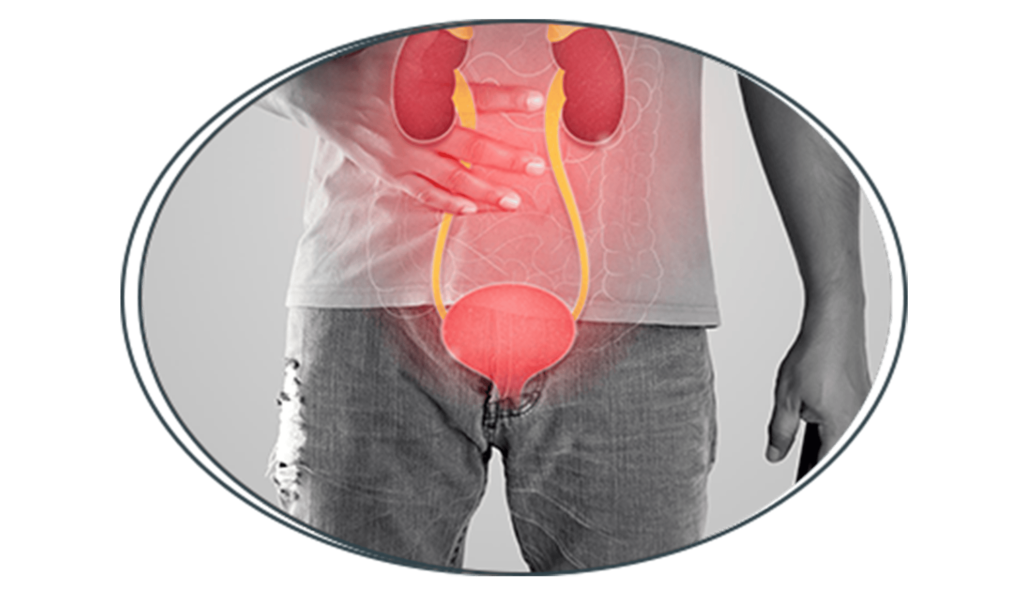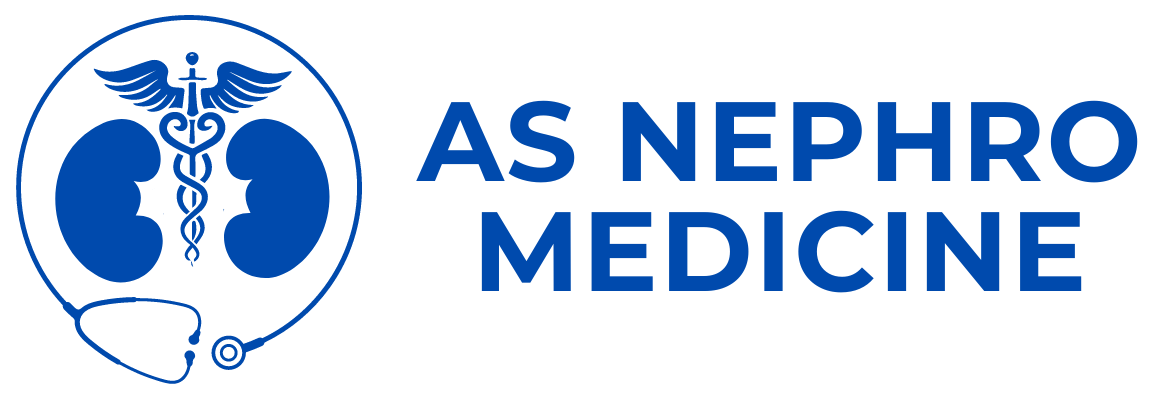

What is Renal stones?
Renal stones, also known as kidney stones, are solid masses made of crystals that originate in the kidneys. They form when substances in the urine, such as calcium, oxalate, and phosphorus, become highly concentrated and crystallize. These stones can vary in size and may stay in the kidneys or travel through the urinary tract, potentially causing pain and other symptoms.
Causes of Renal stones
- Dehydration: Inadequate fluid intake leads to concentrated urine, facilitating stone formation.
- Diet: High intake of protein, salt, sugar, and oxalate-rich foods (like spinach and nuts) increases the risk.
- Obesity: High body mass index (BMI), large waist size, and weight gain are significant risk factors.
- Medical Conditions: Conditions such as hyperparathyroidism, gout, and certain urinary tract infections predispose individuals to stones.
- Genetics: A family history of kidney stones increases susceptibility.

Symptoms of Renal stones
- Severe pain in the side and back, below the ribs
- Pain that spreads to the lower abdomen and groin
- Pain that comes in waves and fluctuates in intensity
- Pain during urination
- Pink, red, or brown urine
- Cloudy or foul-smelling urine
- Nausea and vomiting
- Persistent need to urinate
- Urinating more often than usual
- Fever and chills if an infection is present

FAQs
Renal stones are typically diagnosed through imaging tests such as CT scans, X-rays, or ultrasounds. A urinalysis, blood tests, and review of medical history are also part of the diagnostic process.
Treatment depends on the size and type of stone. Small stones may pass on their own with increased fluid intake and pain relievers. Larger stones may require medical procedures such as lithotripsy (using sound waves to break up stones), ureteroscopy (removal with a scope), or surgery.
Prevention strategies include drinking plenty of fluids, particularly water, to dilute the substances in urine that lead to stones, eating fewer oxalate-rich foods (like spinach, nuts, and chocolate), reducing salt and animal protein intake, and taking medications prescribed to prevent stone formation.
The time it takes to pass a kidney stone can vary. Smaller stones typically pass within a few days to a couple of weeks, while larger stones may take longer and may require medical intervention to pass.
Yes, children can get renal stones, although it is less common. Risk factors for children include a family history of stones, certain metabolic disorders, and congenital abnormalities in the urinary tract.
If you suspect you have a kidney stone, especially if you experience severe pain, blood in your urine, or difficulty urinating, seek medical attention promptly. Your healthcare provider can perform the necessary tests and recommend appropriate treatment.
